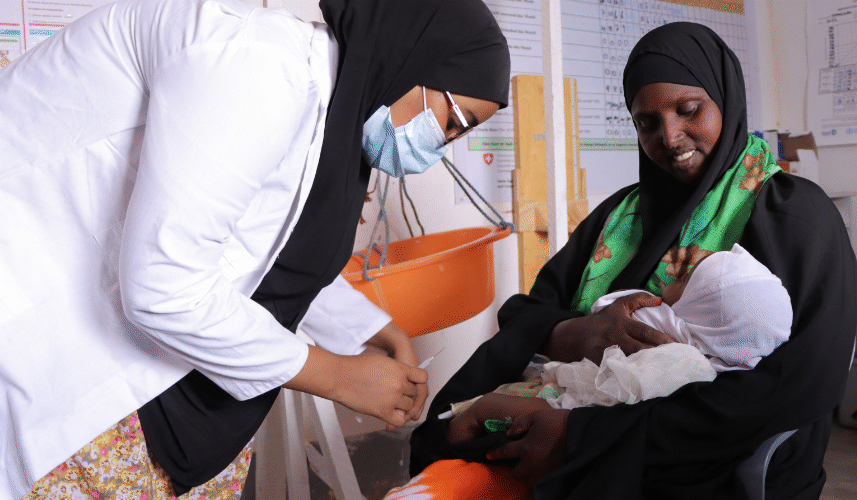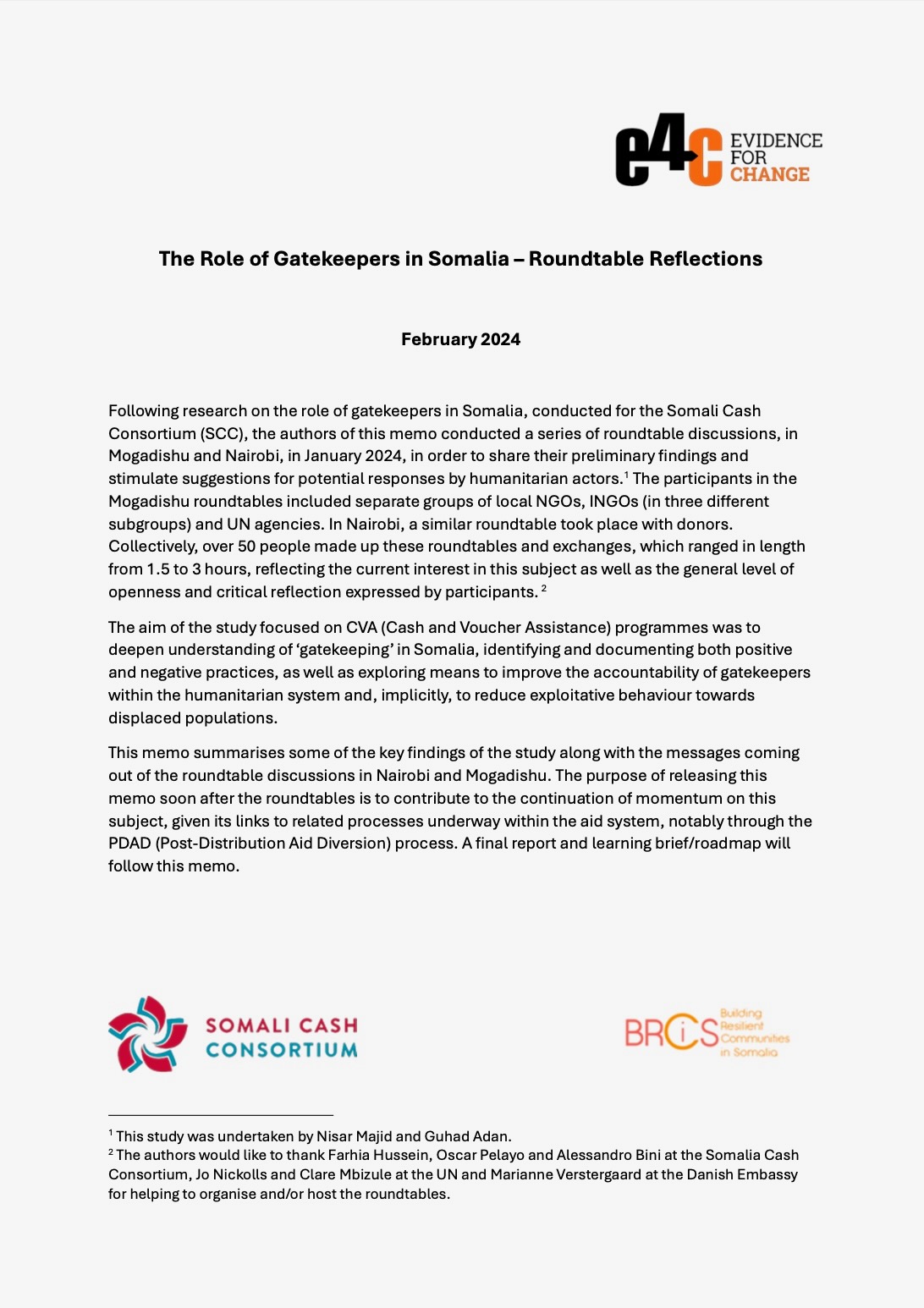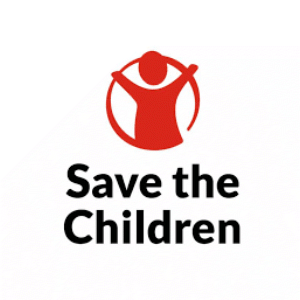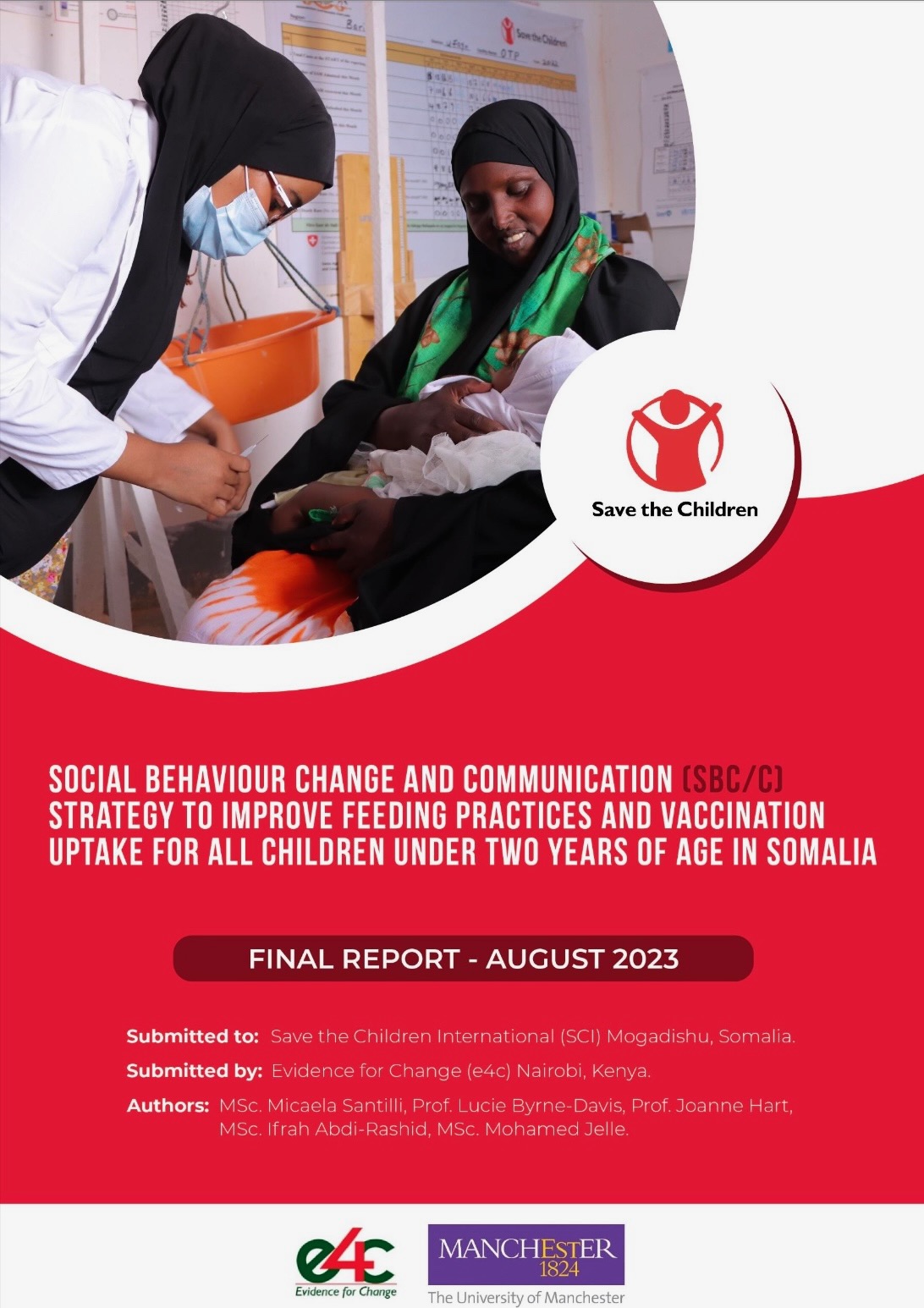OUR PROJECTS
e4c PROJECT
Role of Gatekeepers in Cash and Voucher Assistance (CVA) Programming in Somalia
The aim of this study, for the Somalia Cash Consortium (SCC), is to deepen understanding of the role that ‘gatekeepers’ play in Somalia and explore the possibilities of engaging with them in order to improve accountability and mitigate the most exploitative practices, particularly in displaced camps. Field research will be based on qualitative methods and will take place in the following locations: Mogadishu, Baidoa, Dinsor, Wajid and Belet Hawa. Part of the methodological approach is to hold a series of roundtables, with a variety of stakeholders, in order to receive feedback on the study findings as well as to stimulate discussion of possible responses and initiatives by humanitarian agencies concerning the ‘gatekeeper’ phenomenon.
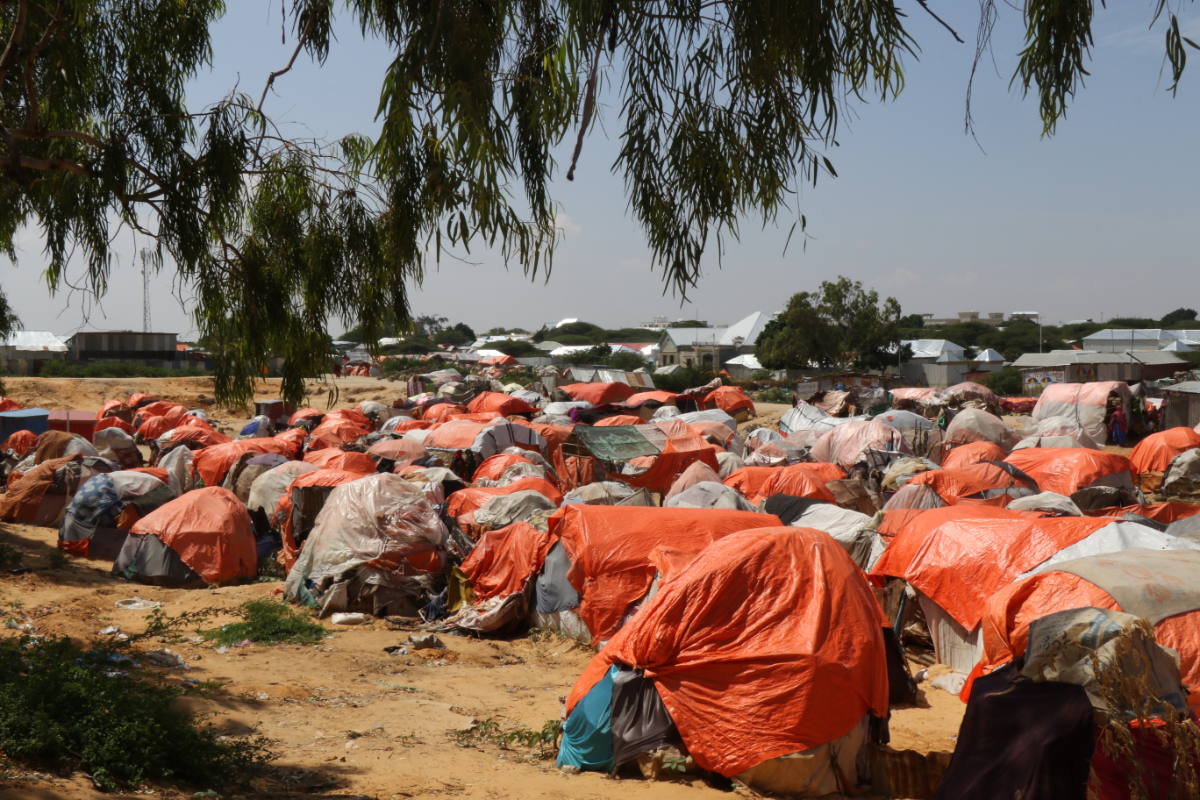
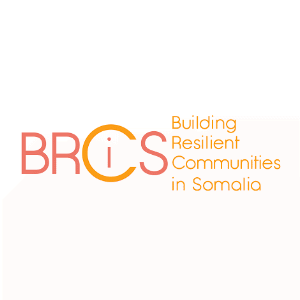
Client: BRCIS
Date: 08 2023 > 03 2024
e4c PROJECT
SOMALIA: Drought emergency monitoring
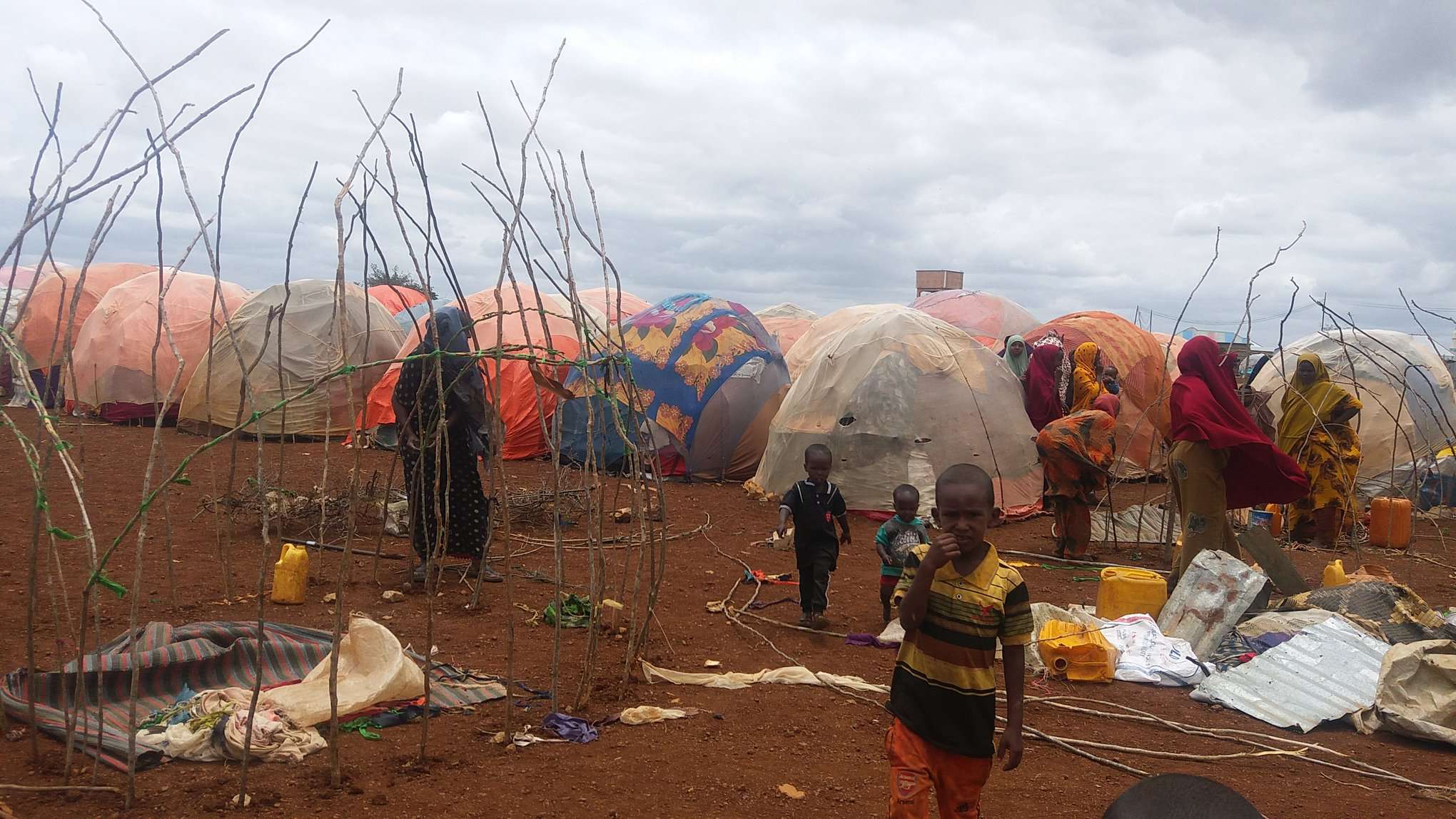
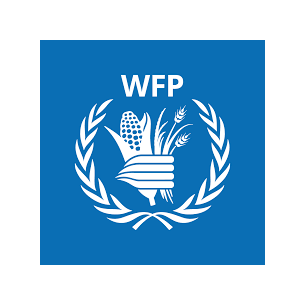
Client: World Food Programme
Date: 03.2023 – 03 2024
e4c PROJECT

Client: World Food Programme
Date: 03.2023 – 03 2024
e4c PROJECT
A randomized controlled trial:
Effect of e-voucher and top-up compared to e-voucher and supplementary feeding on dietary diversity and wasting among children aged 6-59 months and pregnant and breastfeeding women in Baidoa town, southern Somalia
e4c PROJECT
